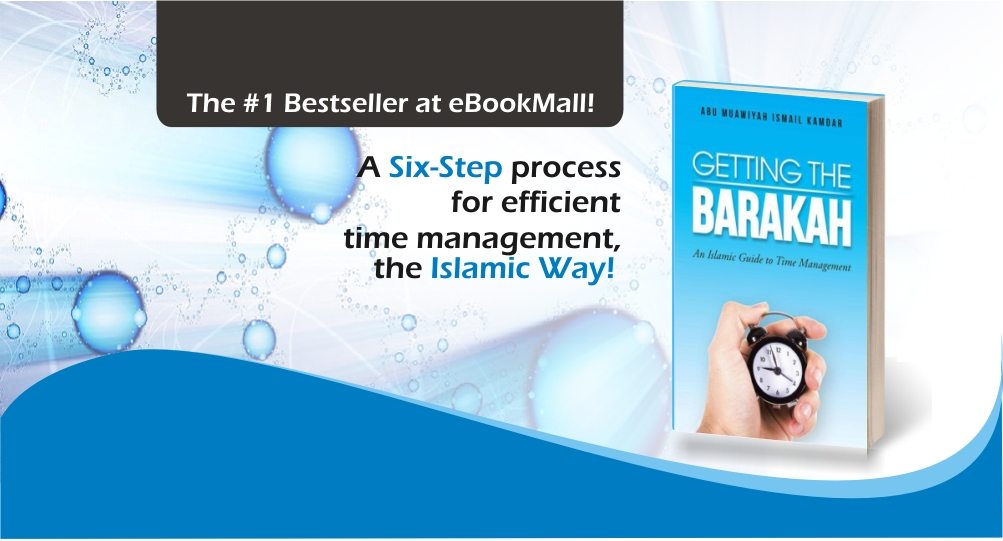Productivity Apps:
Productivity Apps were invented to make life easier for us. Yet, many people don’t know which Apps to use or how to use them productively. Personally, I am always on the look out for any App that can make me more productive in any aspect of my life, and so my list of productivity Apps is constantly changing and evolving.
At the time of writing this however, these are my 7 most important Apps and tools for staying productive:
1. Everything Google (gmail, calendar, drive, books)
To pick one Google App that keeps me productive is really difficult, so I decided to start the list with everything Google, while some of these may appear again later in the list. I use Gmail over other mail servers as the spam-filter, division into Primary, Social, and Promotions sections, and ease of synchronization with my phone and PC make it one of the best and most productive email applications out there. Any other email application that I tried feels like a dinosaur comparatively.
Add to that, Gmail is sync to the other Apps that assist in my productivity like my Calendar, Google Drive, Hangout and Maps, making it an all in one system that every productive person should use.
2. To-Dos/S-Note
In 2010, I started using the Samsung Galaxy Note brand of phablets and have stuck with it ever since. The Note series is aimed at productivity junkies and contains many features that are great. The S-Note however stands out as something I use every day. It contains templates for daily and weekly To-Do lists which I use daily to make my To-Do lists and have them available wherever I go. Crossing off each completed task with my S-pen is also more fun that clicking a button.
Recently, after upgrading to Windows 10 on my PC, I was looking for a good App to use for To-Do lists on my PC so that I do not have to check my phone every hour to see what needs to be done next.
I ended up downloading the To-Dos App and it has saved me a lot of time as it is very easy and quick to use, both in adding tasks and crossing them off. Its a simple App, nothing fancy but serves as a nice yellow reminder on my screen of what still needs to be done.
The S-Note serves as a portable To-Do List, while the To-Dos App serves as its equivalent on my PC, making both Apps very important for my daily productivity.
3. iTunes
As someone who is generally known to be anti-Apple, it probably comes as surprise to see iTunes on this list. The truth is that I only started using iTunes a month ago and I must admit it is the best audio player I was used.
I was searching for audio player in which I can access all my favorite Podcast series and iTunes gave me that and more. It downloads the latest episodes, keeps track of which episodes I have downloaded and not listened to yet, and will pick up from the exact spot I stopped, even after days. All of this saves me a lot of time that usually goes in browsing each podcast’s webpage, searching for the latest episodes and trying to remember where I stopped.
Perhaps its time I tried out an actual Apple product, perhaps an iPod?
4. Windows 10 Start Menu
I know this isn’t an App but the way it is designed for Windows 10, it is an awesome productivity tool. For many people, the menu was something they missed in Windows 8, but something they just use as is. However, the Windows 10 menu can be customized in so many ways, it serves me as a very efficient productivity tools.
You can choose which tiles to display in the menu, choose their order and arrange by groups. I have taken advantage of that to set up a menu that as all my most important Apps together at the top, all social media tiles together underneath, and likewise arranged all tiles in order of priority. This has saved me a lot of time in searching for programs or scrolling through long menus to get to them.
That’s the end of Part 1, folks. Click here to read part two and learn about more productivity apps. Although the start menu screen-grab I shared does give some clues about what might be on it. 🙂









